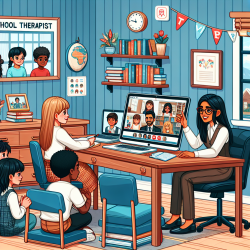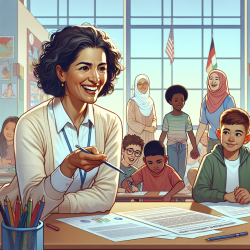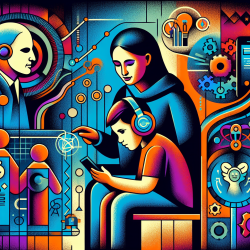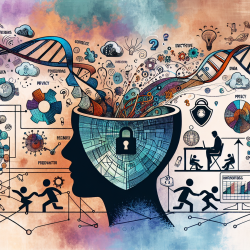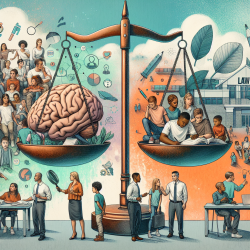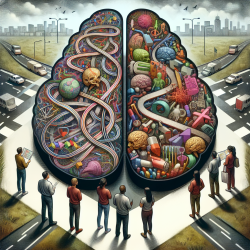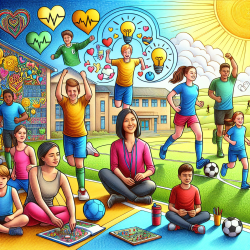Introduction
In the realm of education, the student-teacher relationship plays a pivotal role in shaping the developmental trajectory of children. Recent research titled Reciprocal Relations Between Conflicted Student-teacher Relationship and Children’s Behavior Problems: Within-person Analyses from Norway and the USA delves into the intricate dynamics of these relationships and their impact on behavior problems in children. This blog post aims to provide practitioners with insights on how to implement the findings of this research to improve their skills and encourage further exploration.
Key Findings
The study highlights the reciprocal relationship between conflicted student-teacher relationships and children's behavior problems. It underscores that:
- Increased parent-reported behavior problems forecast increased student-teacher conflict in both Norway and the USA.
- Teacher-reported behavior problems predicted increased conflict more strongly in Norway than in the USA.
- Increased teacher-child conflict predicted increased parent-reported behavior problems in both countries.
These findings suggest that behavior problems and student-teacher conflicts are interlinked, with each potentially exacerbating the other.
Practical Implications
For practitioners, understanding these dynamics can be crucial in developing strategies to mitigate conflicts and address behavior problems. Here are some practical steps based on the research findings:
- Foster Open Communication: Encourage open dialogue between teachers and students to address misunderstandings and reduce conflict.
- Implement Supportive Interventions: Develop interventions that focus on building positive relationships and managing behavior problems effectively.
- Engage Parents: Collaborate with parents to gain a comprehensive understanding of a child's behavior and work together to address issues.
- Professional Development: Provide training for teachers on conflict resolution and behavior management techniques.
Encouraging Further Research
While the study provides valuable insights, it also opens avenues for further research. Practitioners are encouraged to explore the following areas:
- Investigate the impact of different educational systems on student-teacher relationships and behavior problems.
- Examine the role of cultural factors in shaping these relationships.
- Explore the effectiveness of various intervention strategies in different contexts.
Conclusion
The reciprocal relationship between student-teacher conflict and behavior problems highlights the need for targeted interventions to improve these dynamics. By implementing the findings of this research, practitioners can enhance their skills and contribute to a more supportive educational environment. To delve deeper into the original research paper, please follow this link: Reciprocal Relations Between Conflicted Student-teacher Relationship and Children’s Behavior Problems: Within-person Analyses from Norway and the USA.



